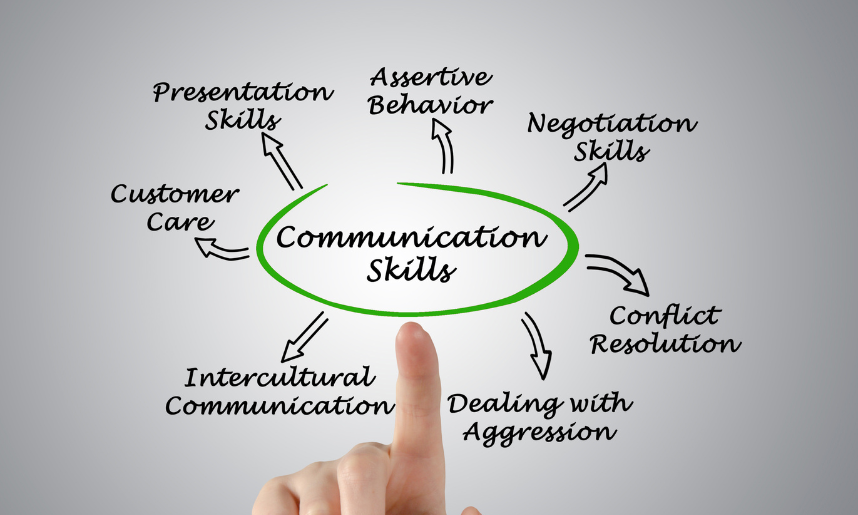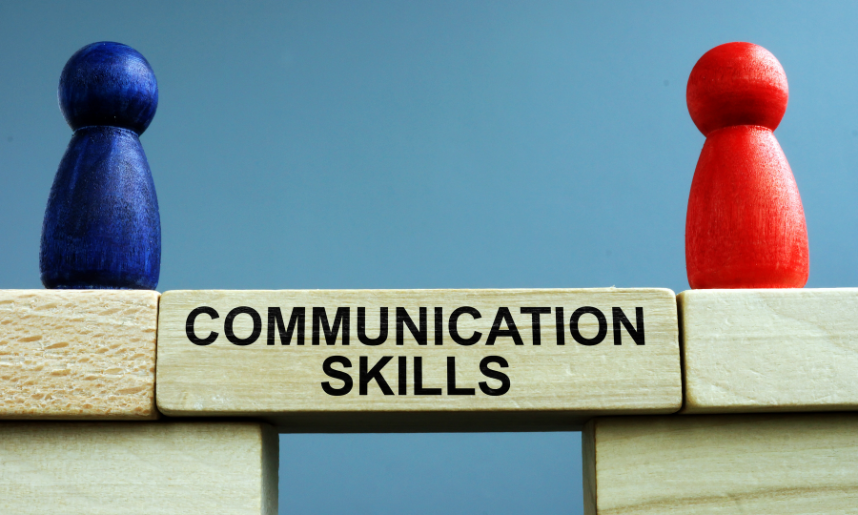

Good communication is essential in every aspect of life. Imagine trying to explain something important but failing to get your point across. It can lead to misunderstandings, missed opportunities, and even damaged relationships. Strong communication skills allow you to express yourself clearly, listen effectively, and engage with others more meaningfully.
Effective communication can:

Communication isn’t just about talking. It involves multiple forms, each playing a crucial role in how we share and interpret information.
Verbal communication is what most people think of when they hear communication. It involves spoken words, conversations, and dialogues. It’s essential to be clear and direct when speaking, ensuring your message is understood by the listener.
Body language, facial expressions, and gestures fall under non-verbal communication. Sometimes, how you say something is just as important as what you’re saying. For example, crossing your arms might convey defensiveness, even if your words don’t reflect it.
Emails, text messages, reports, and articles are forms of written communication. Written communication requires clarity and structure, as there’s no immediate feedback loop like in verbal conversations.

Active listening means fully concentrating on what someone is saying rather than passively hearing their words. It’s about engaging with the speaker and showing that you’re interested in the conversation.
Being clear and concise ensures your message isn’t lost in unnecessary details. Get to the point quickly and avoid rambling.
The way you say something matters. Ensure your tone matches your message—avoid sounding too harsh or too soft. Additionally, pace your speech; speaking too quickly can confuse the listener, while talking too slowly might bore them.
Your body language can say a lot about how you’re feeling. Open gestures, like uncrossed arms and maintaining eye contact, convey confidence and openness.
Your face is highly expressive. A smile can make someone feel welcome, while a frown might show disinterest or frustration. Be mindful of what your facial expressions are conveying.
Difficult conversations are inevitable. Stay calm by controlling your breathing, and avoid getting defensive. It’s important to keep emotions in check to ensure the conversation remains productive.
Respectfully acknowledge differing opinions, and use phrases like “I understand your perspective” before explaining your point of view. This shows that you’re listening and value the other person’s input.

Improving communication skills is an ongoing journey. Whether you’re focusing on active listening, refining your verbal skills, or mastering public speaking, there’s always room for growth. By practicing and seeking feedback, you’ll become a more effective communicator, making a lasting impact on both your personal and professional life.

Narendra Dewangan, a distinguished motivational speaker and entrepreneurship development trainer. With a focus on personality development, communication skills, and soft skills training, Narendra empowers individuals to reach their full potential.








WhatsApp us
4 Responses